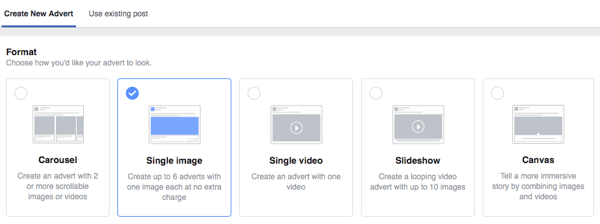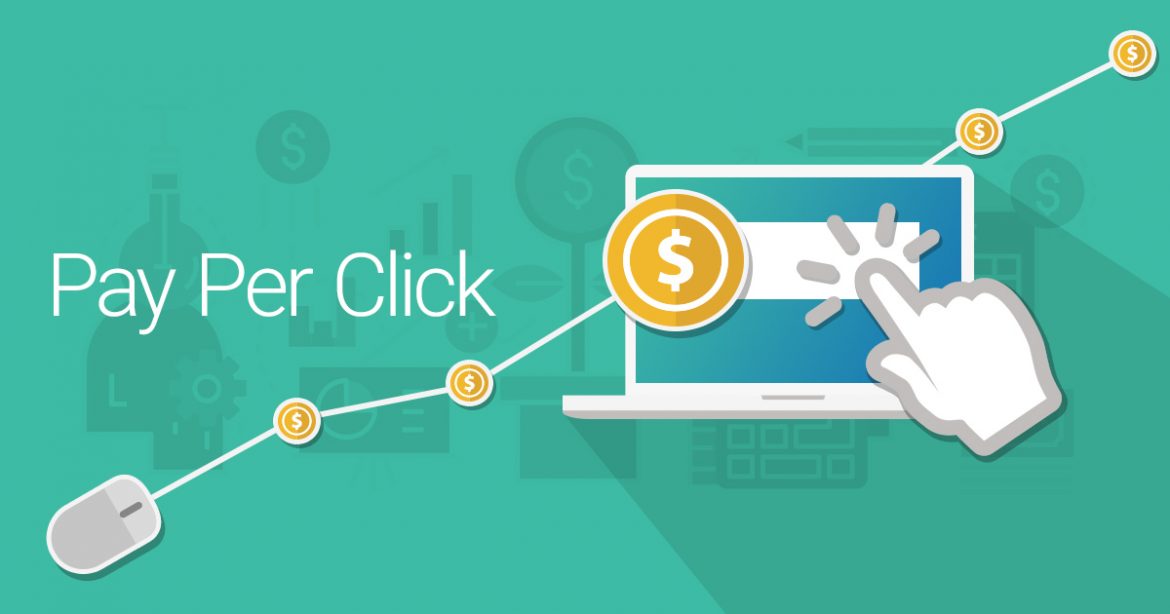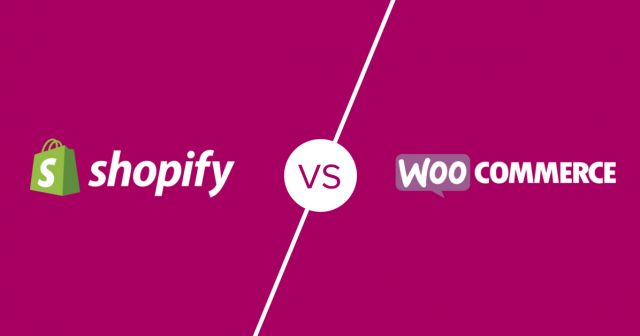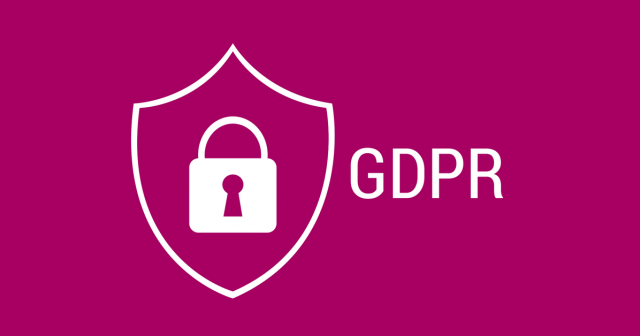Pay-per-click (PPC) advertising is a digital marketing strategy that business owners can’t afford to ignore. Not if you want your business to grow and remain competitive.
Looking to break into PPC? Here are 9 must-know tips…
1. Understand PPC
Pay-per-click has proven its worth as one of the fastest and most effective methods of advertising online, offering numerous benefits. But it’s easy to fail with pay-per-click marketing, and diving into PPC can be intimidating for beginners.
Your first step as a business owner is understanding how PPC works. Put simply, pay-per-click advertising is an online advertising method in which advertisers pay a fee when prospects click on their text or display advertisements. Although, there is quite a bit more to it than that.

There are many elements that determine the success of a pay-per-click campaign. With PPC, ads are shown based on user interests, relevance, quality score, and much more. How often ads appear also depends largely on the budget allocated to your campaigns. Platforms such as Google, Bing, and Facebook do a good job of guiding you through a campaign setup, but you should understand the basics of PPC advertising if you want to run a successful campaign.
2. Know Your Audience
Knowing your target audience is the foundation of any good pay-per-click campaign. Think beyond just location and demographics. What are the interests of your ideal customers? Are they in the consideration stage or do they want to buy immediately? Will their goals, values, and opinions affect their online actions? The more you know about your audience, the better.
Constructing buyer personas is an excellent way to gain valuable insights on potential customers. Once you have these detailed buyer descriptions, you can create PPC advertising campaigns that appeal specifically to your prospects. This saves you time and money and maximizes your pay-per-click marketing efforts.
3. Pick Your Budget
One of the major benefits of PPC is that you can choose any budget that works for you. When choosing a budget you should consider how much it will cost for each ad click, how many clicks your ads will drive, how much a lead is worth to you, and the rate at which you close leads. Google Keyword Planner is a great tool to help you determine popular keywords in your industry and get estimates of their associated cost-per-click (CPC).
4. Choose the Right Platform
Facebook and Google are different. Both have powerful advertising platforms, yes, but approaching Facebook ads as you would AdWords ads (or Bing ads) is a bad idea. Facebook is a social network. Google is not. This means that one may be better suited to certain industries, goals and marketing strategies than the other.
Budget is another consideration. For example, industries such as healthcare tend to be competitive and costly within AdWords but consumers seek out products and services with the intent to buy. On the other hand, there is much less purchase intent with Facebook ads but PPC advertising costs tend to be a lot lower.

5. Learn Your Platform
Learning how to use your chosen pay-per-click platform is a critical step that businesses often overlook. If you don’t know what tools are available and how to use them, you won’t know what is possible. It’s not as simple as just putting up a bunch of ads; there’s a lot to know on the AdWords, Bing, and Facebook ad platforms.
Both Facebook and Google offer ads certification programs that can help businesses advance their skills and get ahead in their industry. But even if you plan to outsource your PPC management, it’s important to familiarize yourself with the systems to ensure that you get the most out of your PPC advertising campaigns.

6. Relevant Landing Pages
When users click your ad, what page are they lead to? Landing pages need to provide customers with a reason to stay and consider your services. You don’t want your ads linking to your homepage because it offers too many distractions. Your landing page should present customers with a focused message and some form of call-to-action, such as a downloadable PDF or a contact form, so you can measure the results that your ads bring in.
7. Leverage Video
Here’s one of the best Facebook PPC tips you will receive in 2018: run video advertisements. Facebook video ads enhance browsing experience, engage users and generate leads and conversions – more so than any other type of content.
Creating a video for Facebook advertisements can be resource intensive. After all, you want effective videos that present your business and brand professionally. But when you look at recent video marketing statistics, it is easy to see how video could have a major impact on your PPC advertising results.
8. Experiment with Ad Types
Both Google and Facebook offer multiple ad types that you can experiment with. Some are better suited for brand awareness, such as A Facebook video ad or Google Display ad and some are better for driving leads and conversions such as Facebook Lead Form ads or Google Search ads. There are plenty of options for you to choose from and the best way to choose the right one is to experiment and find which ones work for you!

9. Try Dynamic Ads
Google has had dynamic Display ads for some time now, and Facebook just recently introduced dynamic creative ads. So how do they work? You upload multiple images, videos, and text and Google and Facebook will automatically combine them and produce separate ads for each combination. You are able to see which images/videos and text work best for your audience and you save you hours experimenting with different images and text manually!



